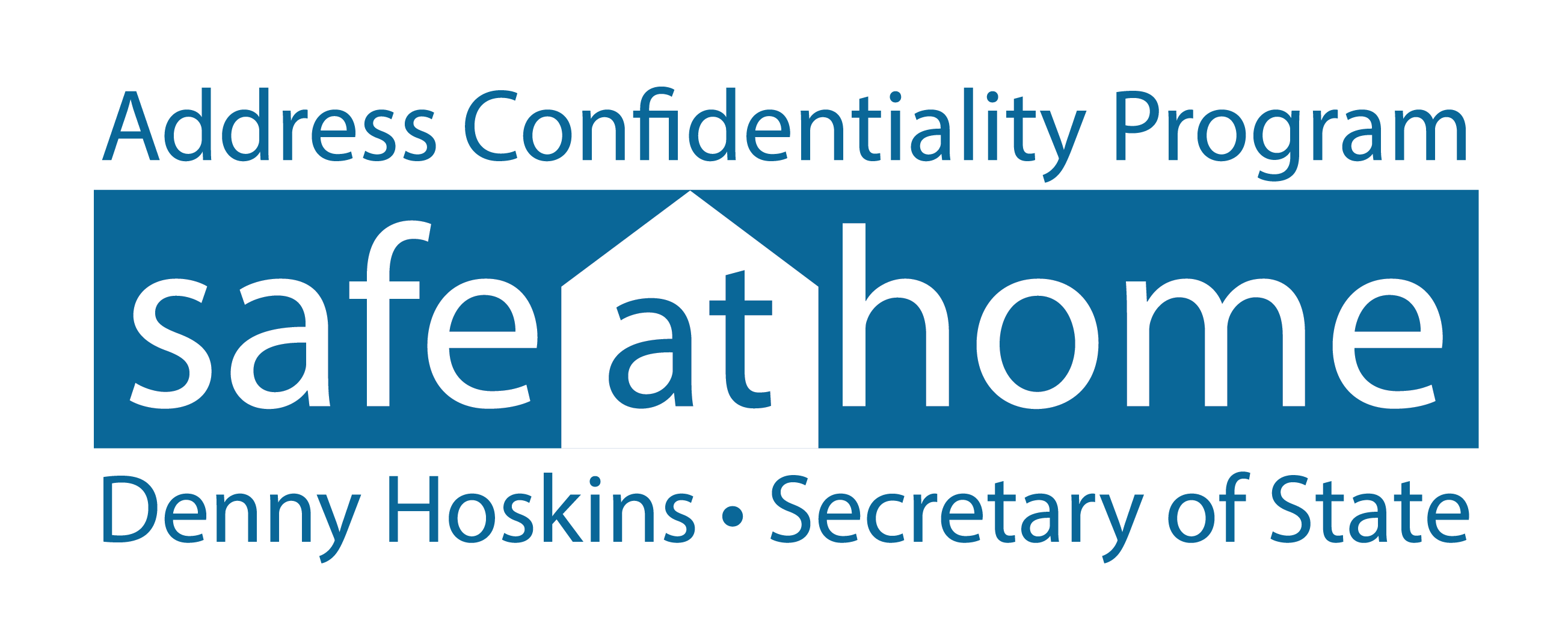
Participants
Using Your Substitute Address
As a new Safe at Home participant, you will receive an authorization card you should carry with you at all times. The card contains your authorization code, expiration date, substitute address and the toll-free number for the Safe at Home program. You may be asked to show the card to agencies or businesses that need to verify your enrollment in the program. None of the information on the Safe at Home authorization card is confidential.
If you want your home address to remain confidential, you must provide the Safe at Home substitute address to any agencies, businesses, family or friends who need to send mail to you. All government agencies and the courts are required to accept the substitute address in place of your home, work, school or mailing address. Private companies are not required to accept the substitute address, but you may still ask the company to use it.
If government agencies or the courts refuse to accept the substitute address, it is possible that the agency is simply unfamiliar with the program. You should immediately contact the Safe at Home program office for assistance. Always contact Safe at Home if you are unsure whether you should provide an address to an agency or business before disclosing the address.